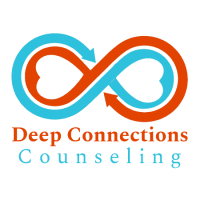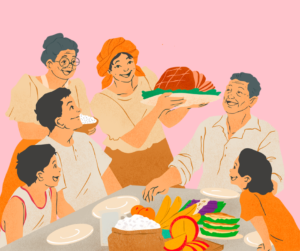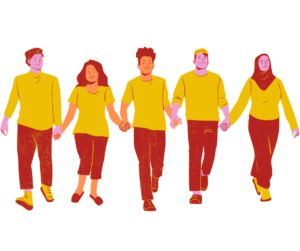Each of us has a different attachment style. These styles of attachment were formed early in our childhood and can affect our relationships as adults. Whether in the workplace, with friends, or in romantic relationships, how we relate to others comes from the patterns that we have learned to connect with others.
Knowing your attachment style can open doors to understanding your relationship patterns. It’s not another personality test, but rather a lens that you can use to identify the patterns that are causing strife in your relationships and it can enable you to develop the skills to build healthier relationships. Your past does not determine your future.
In this series, we will look at attachment styles, how they develop, common patterns that develop between people with specific attachment patterns, and how you can take steps toward healthier relationships.
Our 6 Core Attachment Needs
We each come into the world with core needs that must be met by our primary caregivers.
1. Attunement
How your caregiver read what was going on inside of you. If your caregiver was distracted by their own needs, emotions, and pains, they may not have been able to respond to your needs. If the parent is able to recognize when the child feels unheard, an attuned caregiver is able to press in to see what’s going on.
2. Responsiveness
When the caregiver realizes that the child is distressed, feeling things such as anger, sadness, or fear, they respond to the child.
3. Engagement
Your caregiver has the intention and desire to know you.
4. Regulation of Emotional State
Your caregiver is aware of your emotional state and helps you learn to regulate your emotional state. When we come into the world we are entirely dependent on our caregivers. We do not have the tools to regulate our emotions. Our caregivers teach us how to calm down when we feel anxious or how to come back if we begin to disconnect and feel numb.
5. Able to Handle Your Negative Emotions
As a child, you need your parents to be strong enough to handle your negative emotions.
6. Willingness to Reconnect
No parent can do all of these. The key is that they are open to exploring when things aren’t going well and what can be done to repair them.
The 4 Attachment Styles
Secure Attachment
Secure attachment is when a child feels comforted by the presence of their caregiver. No caregiver is perfect, but their caregiver is able to meet their core needs more than half of the time. The child feels secure and safe exploring their environment. In adulthood, individuals with secure attachment tend to have good self-esteem, the ability to share feelings with friends and partners, and the ability to have trusting and lasting relationships.
Anxious Attachment
Children with anxious attachment typically do not have their core needs met on a consistent basis. Sometimes they can receive what they need from their parents, but sometimes their parents aren’t available in that way. These children are often distressed when their parents leave, but do not find comfort when they return. As adults, they may have low self-esteem. They are often very aware of other people’s needs, but feel insecure in their own worth and getting their own needs met. They seek constant closeness with their partner as a source of security.
Avoidant Attachment
Avoidant attachment develops when children learn that their needs will most likely not be met by their parents. They learn that it’s safer for them not to expect their caregiver to meet their needs. Children with avoidant attachment typically don’t seek comfort from their parents and can often prefer strangers over their parents. As adults, they may appear self-confident and social, with many friends or relationships. However, when there are signs of intimacy, they will often withdraw, find ways to sabotage the relationship, or idealize their past relationships.
Disorganized-Disoriented
This attachment style was added to attachment theory after the original three were first developed. Individuals with this attachment style tend to have caregivers who have turned into being a source of fear. These children do not know what to expect from their caregivers and have no way to form a consistent pattern of adapting to their caregivers’ behaviors.
Next Steps
So now you may be wondering what type of attachment you have. You may have an inkling just from reading a brief overview of each type of attachment. Remember- your past doesn’t decide your future. Once you understand how you relate to others, you can take steps to bring healing to those parts of you.
Seeking counseling is a good next step. A counselor will be able to navigate this process with you. Consider scheduling with Dr. Kinga Gudor, Cynthia Gaskins, or Shakara Thomas.
Consider taking an attachment test to gain a deeper understanding of your attachment style: https://quiz.attachmentproject.com/
Also, check out interventions such as Emotionally Focused Therapy that have proven to improve relationships from an attachment perspective.

Kinga Gudor, PhD
Kinga is a Licensed Clinical Social Worker (LCSW) with more than 15 years of experience. She specializes in couples therapy and working with individuals from a multicultural background.









